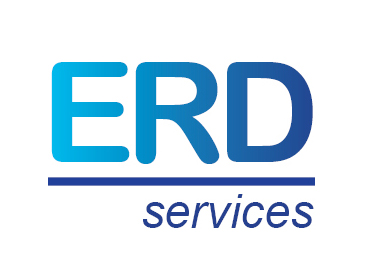Ricardo: the diversification strategy is taking time to bear fruit
Ricardo announced mixed results for full-year FY19. Revenues were up 2% to £384m, with flat CC/CS growth. We estimate that revenues declined slightly (flat to -1%) in H2, impacted by a collapse in Technical Consulting (TC), it ER&D unit.
We estimate TC’s revenues declined by 8% in H2: Ricardo continues to suffer in its core Automotive business (60% of TC’s revenues), impacted by market conditions in the UK, Germany, and Europe overall, and the US, with only China doing well.
The future of Automotive is mixed, with bookings down 35% in full-year FY19. Ricardo is restructuring its delivery teams in the UK, Czechia, and completed the downsizing of its German operations. In the US, Ricardo has put for sale its Detroit test facility and its technical center: the company believes that its combustion engine test facilities are less relevant than in the past, with OEMs focusing mostly on EVs. Ricardo is also intensifying its portfolio shift to simulation and digital overall, with some success: EVs account for 27% of all bookings in FY19. Still, the future looks gloom for Automotive, despite pockets of consulting doing well (motorcycle, off-highway, commercial vehicles and trucks, mostly thanks to Asia).
The bad news came from TC’s second-largest unit (26% of TC revenues), Ricardo Rail. The Rail business was impacted by lower volumes in Europe and Asia. We are guessing that Ricardo is suffering from its heavy client concentration (with its largest Rail client representing 30% of revenues), with the company completing the restructuring of its Dutch Rail engineering unit. We think the issue is specific to Ricardo, with no other ER&D vendor having highlighted issues with the rail industry.
Nevertheless, Ricardo still believes in the future of it Rail
Finally, within TC, Ricardo enjoyed solid growth in Energy & Environment (E&E, 17% of TCS revenues) thanks to the UK and Australia. The company strengthened its presence in Australia, with the small acquisition of PLC Consulting and Planning (£2m in revenues), a Melbourne-based technical advisory active in infrastructure and
Outside of Technical Consulting, Performance Products (PP) did very well. We estimate its growth in H2 to 22%, in line with past semesters. PP operates in two markets: parts and installation for sport and luxury cars, and a defense business operating in the US and UK. Ricardo delivered 5,200 engines to McLaren, a 20% increase over FY18, and manufacturing transmissions for Aston Martin and Porsche, and drivelines for Bugatti’s Chiron. In the defense business, Ricardo is active in retrofitting the US Army’s Humvee with new ABS brake kits.
Performance Products is doing very well and is Ricardo’s jewel. We reiterate that PP has a high-risk profile, with its largest client representing 55% of its revenues (we assume this is McLaren). Also, PP has an adjusted profit margin of 10.4%, similar to that of TC (10.2%). Ricardo is doing well with its margin, but we still think that PP, given its Capex requirements, should have a higher margin than TC.
Bookings were mixed with a 7% decline (organically). Bookings from Defense and High-Performance Vehicles were respectively up by 186% and 20%, suggesting that growth in PP will accelerate in the coming semesters. The decline in TC should continue with bookings down in Automotive and Rail, TC’s largest units. Ricardo will keep on suffering in FY20 despite its diversification attempts.
